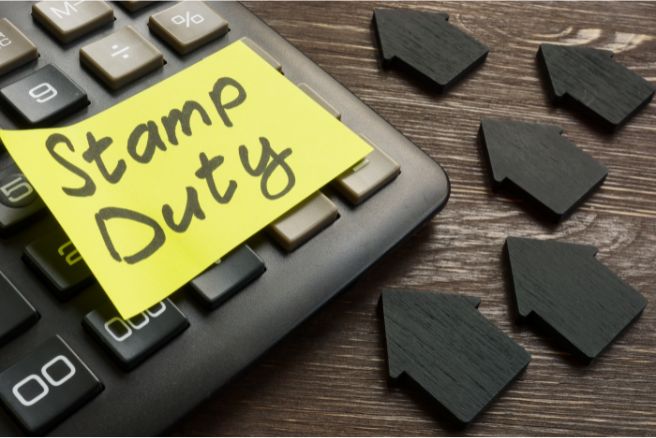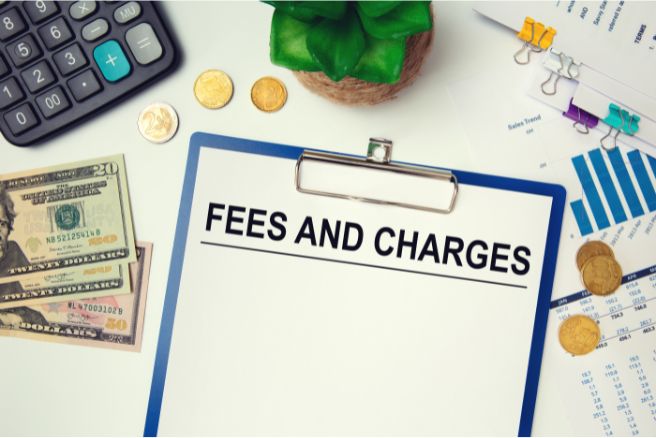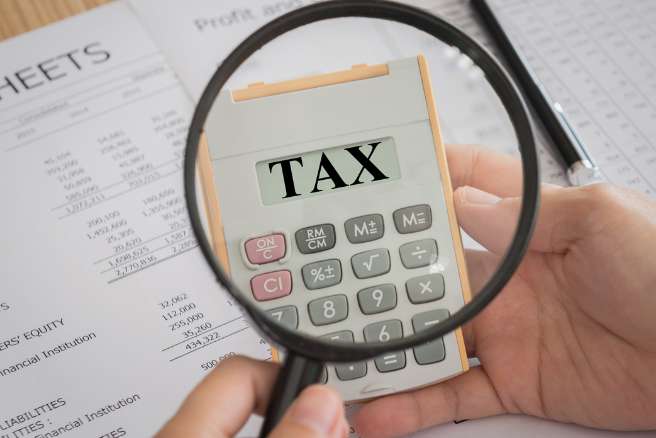Property investment is simple really. Pick something which will grow in value, something that will rent well, and budget and more often than not you will make a good return. Get someone paying off your mortgage for you, make some capital growth, re-mortgage and go again.
One thing that many would be investors miss are some of the additional cost expectations and what each one of them mean.
This is a list of the most notable cost implications.
BEFORE YOU BUY
1. Stamp Duty
It’s generally the biggest outlay and paid on completion of a property. If you are a first-time buyer or this is your only property stamp duty is barely noticeable, if you are a buy-to-let investor expect 3% plus going straight into the pockets of our fair leaders!

It’s surprising how many people forget stamp duty when they have their budget planned. If you have £40,000 for instance assume that you can get a £135,000 property and knock that stamp duty off of your savings.
2. Legal Fee’s
Again, a good solicitor will protect you and your investment to the best way possible within the powers of British law. But they are not cheap!
Finding a solicitor, you trust is the starting point and then trying to persuade them that they shouldn’t charge you too much is the next step!
Expect £700 to £750 for conveyancing plus some additional costs. If you put aside £1,200 you’re probably not too far off.
3. Mortgage Fee’s
Some basic broker costs should be expected if you are using one. A good broker can be hugely important, not only looking at high street backs but also private funds who may lend. If you are a foreign investor get a great broker and look after them – they can be a huge benefit to your profits.
UK residence may expect £300 plus for a broker.
AFTER PURCHASE
4. Service Charge
Have a look at the article here for a full break down of service charges. Some clients confuse service charge with management fee or ground rent. The service charge is ultimately to pay for the services around the property.

Maintaining the lifts, cleaning the internal and external and spaces, pruning the garden and checking the fire alarms are the types of things you would expect from a service charge. Assume £900 per year for a 1 bed and £1300 two bed. Buying a freehold? Put aside the same amount for normal servicing of the property.
5. Ground Rent
Ground rent is the payment for the land that the apartment sits on. Look at our article on ground rent and how you renew it here.
Expect a running cost of around £250 in your budget plan.
6. Management Fee’s
Not cheap at all but for most it makes life a lot easier getting a really good management company.
On average we see the top management companies looking for 8% of the gross rent, sometimes less if there are multiple units. There are management companies out there that do more or less, and costs more or less.
Look out for whether it includes VAT or has additional VAT, can catch you out and cause frustration with the company.
The role of a good management company is to find the right tenant, check they can afford the property and have the property rented out as stress free for the owner as possible. A good management company can be the salt of the earth, you’ll only ever notice the management company when you have a bad one!
7. Mortgage costs
The rental income after ground rent and service charge is what is considered in the industry as ‘net rental income’.
For our net position we should look at what rental income we have left after service charge, ground rent, management fees and mortgage. If we are still getting some income that we can tax in the first year we are doing great.
Remember over time rent will increase much more than any of these costs and improve your profit year on year.
With a mortgage most investors will look at interest only to keep costs down and much more control over how your money is spent however your broker can help you with this decision.
8. TAX
We can’t talk investments without talking Tax. I once asked my accountant the best way to pay less tax, he answered straight faced with “earn less money!” The truth is that if you are paying a lot of tax you are making a lot of money. Regardless of where we invest our money there is a tax implication to it all.
There’s no need for this to be complex, simply put you will need to pay taxes on your profits like with any business.

Great tax advise can help you out significantly when you grow your portfolio. Equally having your properties in a company can help a lot.
Don’t forget your taxes when we look at your final net position.
ALL IN ALL
All in, there are a lot of costs to consider before and during purchase. Stamp duty can be painful but with property doubling in price every 10 years or so there is no reason why you shouldn’t still be making some of the best investments you ever have in property.
Look at medium to long term returns and you will tend to protect yourself a lot better than needing very fast returns. Take as much advise as you can, but do not confuse yourself overly with what is a really simple investment type.
Speak to an advisor at Baron & Cabot and get an idea of what sort of investment you would need to make and the returns you should get. If a property doubles every 10 years, and you only invest 25% in each one, your investment doubles every 2.5 years, this in an investment type that you are familiar with.
The starting point before any property investment should always be planning what you can afford.
